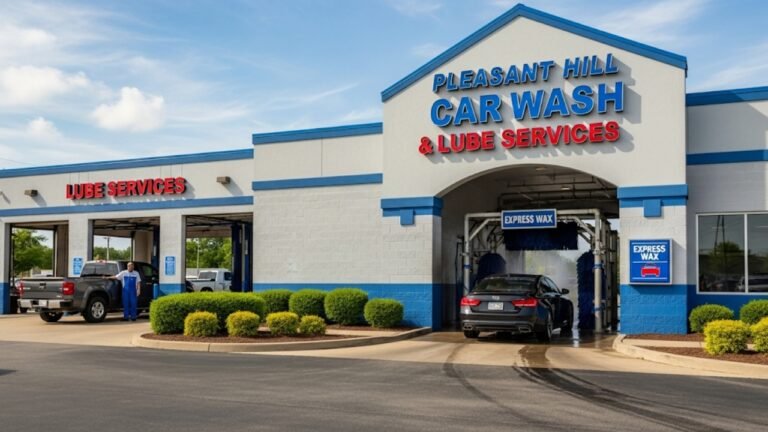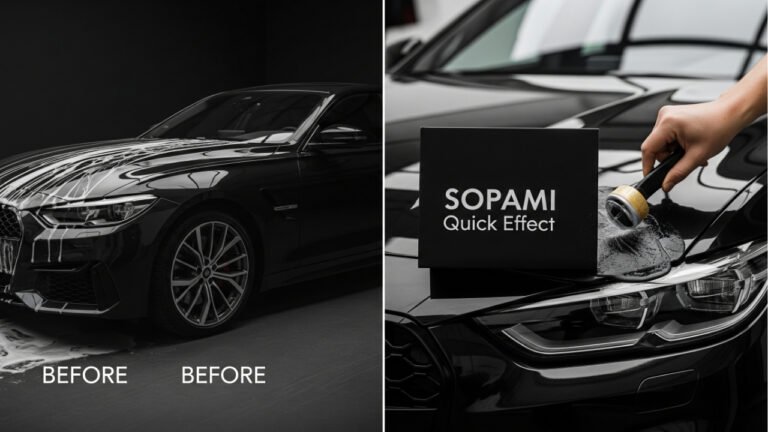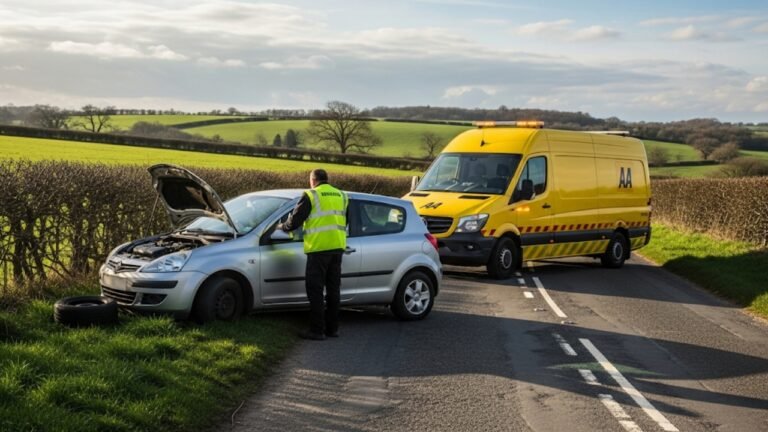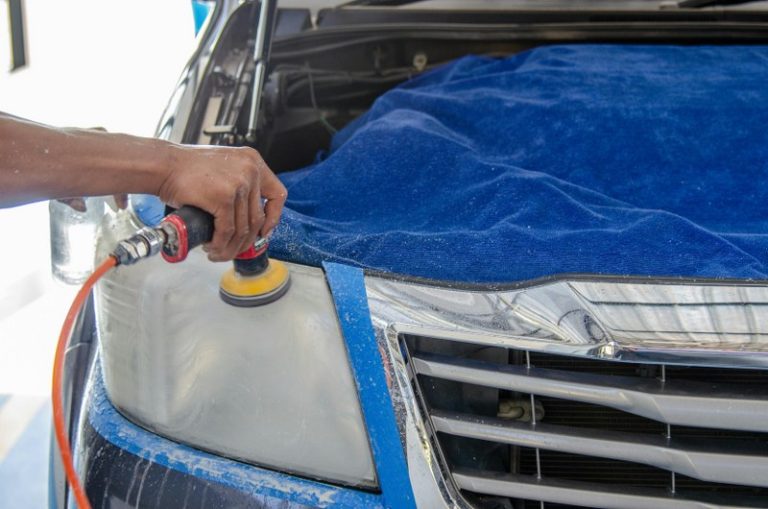Ultimate Guide to Towing a Car Cross Country
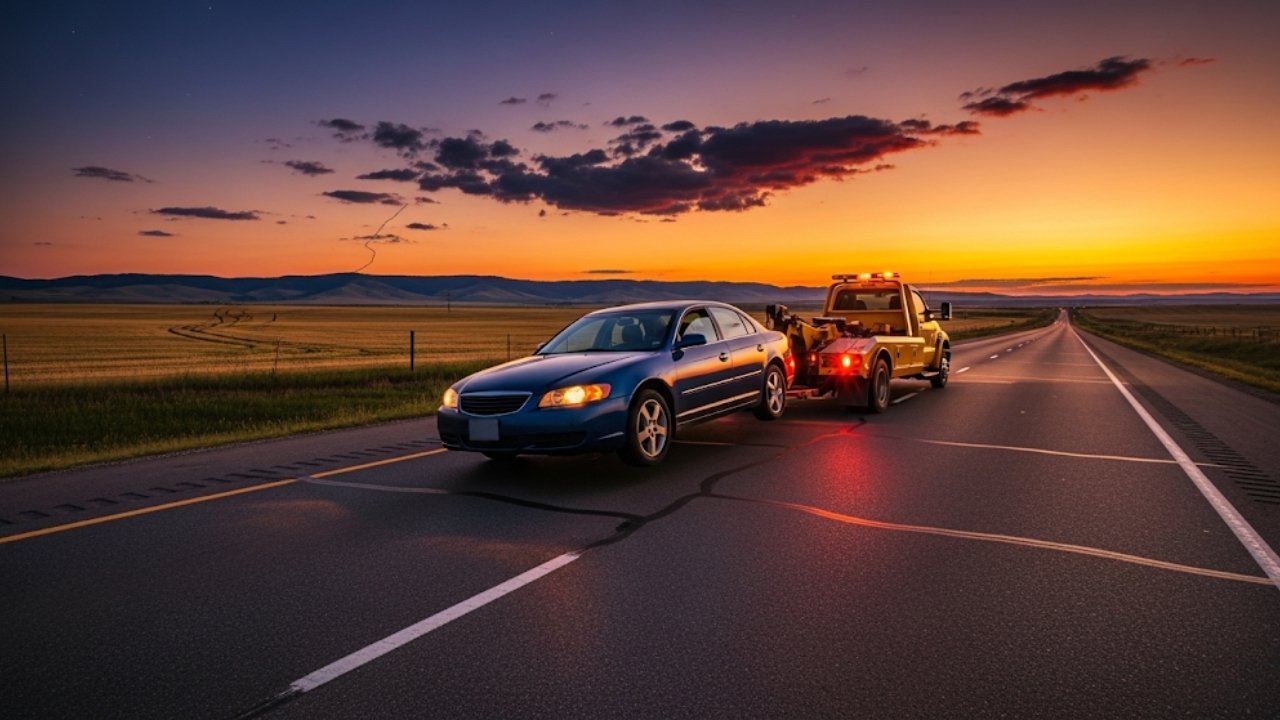
There’s something uniquely emotional about towing a car cross country. Whether you’re relocating, helping a loved one, buying a classic car, or just need your ride with you, it’s more than just a journey—it’s a commitment. I’ve done it. Twice, actually. Once during a coast-to-coast move from Florida to California, and another time to rescue my cousin’s old Camry stuck in the mountains of Colorado. Both times, I learned lessons the hard way—and I’m here to help you avoid the bumps I hit.
If you’re planning to tow a car across state lines, there are many things you need to figure out: the method, the cost, the risks, the insurance, the paperwork—and the peace of mind. Let’s break it down and walk through every detail you need, with the kind of real talk you’d get from a friend who’s been there.
Why Tow a Car Cross Country in the First Place?
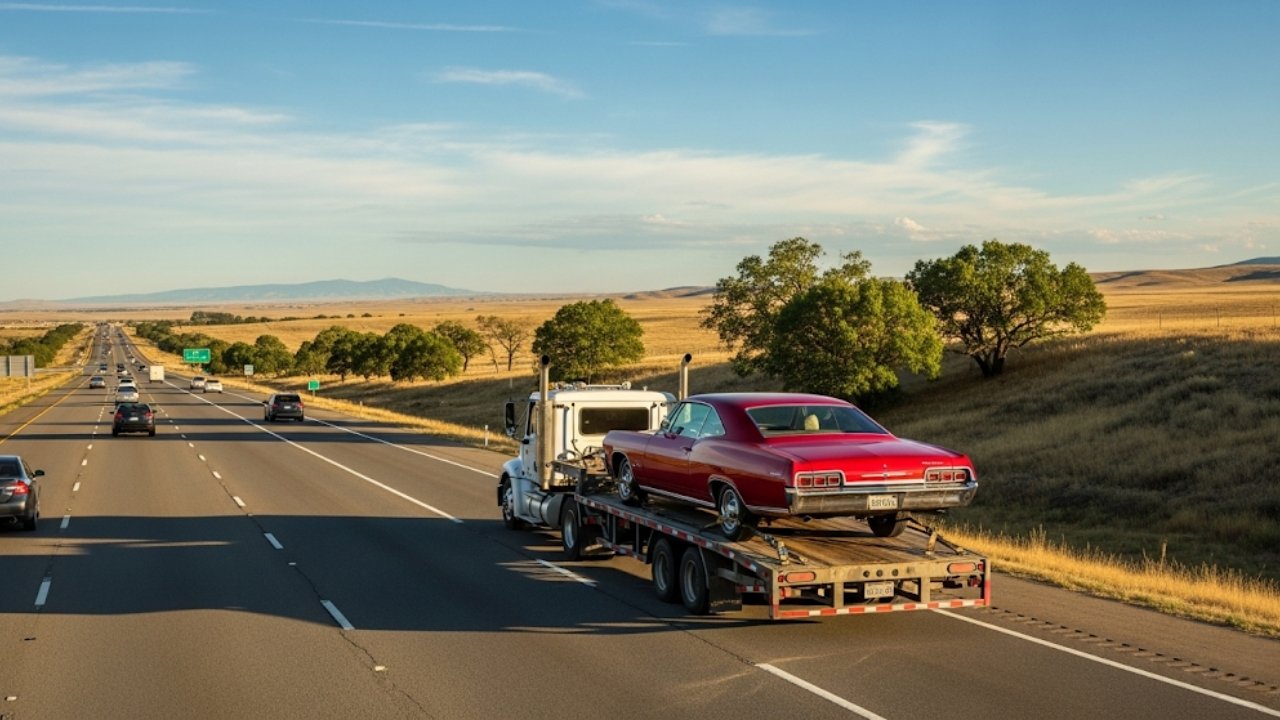
Relocation: Moving to a new state and need your car with you.
College drop-offs: Helping your child settle in a new city.
Online car purchases: Buying a vehicle out of state.
Long vacations or seasonal moves: Snowbirds heading south.
Vehicle breakdowns: When driving it isn’t an option.
Each situation brings its own challenges. For instance, if your vehicle isn’t driveable, you don’t have the luxury of simply hitting the gas. And if it’s an expensive or classic car, you’d be more cautious about who handles it and how.
Understanding the Basics of Long-Distance Towing
Towing car cross country means hauling your vehicle over several hundred or even thousands of miles. This isn’t the same as getting towed a few blocks after a flat tire. Long-distance towing requires planning, money, and often a bit of courage.
There are three common methods:
| Towing Method | Description | Best For |
|---|---|---|
| Tow Dolly | Front wheels on dolly, rear wheels on the road. | Small cars, short budget runs |
| Flatbed Trailer | Entire car is loaded onto a flatbed. | All types, including luxury vehicles |
| Four-Wheel Tow | All wheels on the road using a tow bar. | Manual transmission cars |
Each method has pros and cons. A tow dolly is cheaper but not great for AWD cars. Flatbeds are safer and protect your car better, but they cost more. Four-wheel towing is simple but demands technical care and the right gear.
How Much Does It Really Cost?
You’re probably wondering, “What’s the damage to my wallet?” That’s fair. The cost of towing a car cross country depends on multiple factors:
Key Pricing Factors:
Distance: More miles = more money.
Vehicle type: Bigger, heavier cars cost more.
Method: Flatbed towing is more expensive than a dolly.
Time of year: Winter costs more due to risk and demand.
Pickup & delivery location: Rural areas often cost more.
Insurance and permits: Add-on services can increase fees.
Here’s a quick breakdown of estimated cross-country towing costs:
| Distance (Miles) | Average Cost (USD) |
|---|---|
| 0 – 100 miles | $100 – $300 |
| 100 – 500 miles | $400 – $900 |
| 500 – 1000 miles | $900 – $1,500 |
| 1000+ miles | $1,500 – $3,000+ |
Don’t forget—you may need to tip the driver or pay extra for expedited service, enclosed trailers, or GPS tracking. It all adds up.
DIY vs Professional Towing Services: Which Is Better?
This is one of the biggest debates. Should you rent a trailer and do it yourself, or should you hire professionals?
DIY Towing: The Brave Route
If you’re confident, renting a trailer from U-Haul or Penske might save you some bucks. But it’s not for everyone. You need:
A truck or SUV with the right towing capacity
Rental equipment (trailer, chains, ramps)
Knowledge of weight distribution and road safety
Extra time and energy for the drive
Pro Tip: If you’re not 100% sure your car or your skills are up to it, don’t risk it. You don’t want to jackknife your trailer in the Rockies or stall in a desert with no cell signal.
Professional Services: Peace of Mind (at a Price)
Hiring a towing company or car shipping service gives you ease and reliability. They handle the paperwork, inspections, loading, and delivery. Many also offer insurance protection, which gives you peace of mind when sending your vehicle across the country.
Services like Montway Auto Transport, uShip, Sherpa Auto, and AmeriFreight are popular in the U.S. for towing car cross country. They vary in price and service coverage, so compare carefully.
How Long Does It Take to Tow a Car Across the Country?
Good question—and it’s not as simple as miles ÷ speed. Time can depend on weather, route, towing method, and service type. Here’s a rough estimate:
| Distance (Miles) | Estimated Timeframe |
|---|---|
| 0 – 500 miles | 1 – 2 days |
| 500 – 1000 miles | 2 – 4 days |
| 1000 – 2000 miles | 4 – 7 days |
| 2000+ miles | 1 – 2 weeks |
Express shipping can cut that down by half, but it’ll cost more.
Tips Before You Tow Your Car Cross Country
Here’s where experience talks. These are the tips I wish someone told me before I hit the road with a trailer:
Check your insurance policy: Ensure it covers towing.
Inspect your vehicle: Especially brakes, tires, and fluid levels.
Remove personal items: Especially valuables—many shippers won’t cover them.
Take photos: Document the car’s condition before it leaves.
Ask about GPS tracking: Some services include it.
Avoid the cheapest quote: If it sounds too good to be true, it usually is.
Communicate clearly: Confirm pickup/delivery locations, dates, and contacts.
Legal and Insurance Considerations
Crossing multiple states means dealing with different laws. Here’s what to keep in mind when towing car cross country:
Tow permits: Some states require them, especially for DIY towing.
Speed limits: Towing limits are often lower.
Trailer brake lights: Must be functioning and compliant.
Insurance: Verify coverage for towing damage and accidents.
Vehicle registration: Make sure your car is legally registered and insured before tow.
These rules can vary by state, so it’s smart to double-check the states you’ll be passing through.
How to Choose the Right Towing Company for Cross-Country Transport
So you’re sold on hiring a professional? Good choice—especially for long hauls. But now comes the hard part: picking the right one. With dozens of towing and shipping companies out there, it’s easy to get overwhelmed. I’ve learned that not all companies are created equal, and sometimes, a shiny website doesn’t mean top-tier service.
Here’s how to make a smart pick:
✅ Look for These Key Qualities:
Licensing and bonding: Make sure they’re FMCSA registered.
Insurance coverage: They should carry liability and cargo insurance.
Experience: Especially with towing car cross country, not just local moves.
Transparent pricing: Get everything in writing—no hidden fees.
Customer reviews: Read real feedback, especially on Trustpilot and BBB.
Flexible delivery options: Terminal-to-terminal or door-to-door?
I once booked a cheaper tow service only to find out they used third-party subcontractors. My car arrived late, scratched, and dusty. Lesson? Ask them directly: Will my car stay on the same truck the whole way?
Common Mistakes People Make (and How to Avoid Them)
Even smart people mess up when towing a car cross country. And most mistakes are entirely avoidable.
❌ Don’t Do This:
Underestimating the cost: Always budget at least 10–15% more.
Skipping the inspection: Pre-existing damage can turn into a blame game.
Packing your car with stuff: Most companies forbid it, and it can lead to delays or penalties.
Ignoring weather risks: Snowstorms, floods, and heatwaves can affect schedules.
Forgetting about toll roads: Especially if you’re towing yourself.
✅ Do This Instead:
Use a credit card for better dispute protection.
Keep a written agreement handy with all terms and costs.
Choose enclosed transport for exotic or luxury cars.
Track your car’s route, if available.
Maintain contact with the driver or dispatcher.
How to Prepare Your Vehicle for Long-Distance Towing
You wouldn’t send your kid on a field trip without a lunchbox and jacket, right? Same goes for your car. If you’re towing your car cross country, preparing it the right way matters.
Here’s your car prep checklist:
Vehicle Prep Tips:
Clean the car: Inside and out. It’s easier to spot damage.
Check fluids: Oil, brake, transmission, and coolant levels.
Inflate tires: To the recommended PSI.
Disable the alarm system: No one wants a blaring siren mid-trip.
Secure or remove loose parts: Think spoilers, antennas, or roof racks.
Don’t top off the fuel: A quarter tank is ideal to reduce weight.
Lock it after loading: But give the key to the carrier.
These small steps ensure a smoother, safer journey—both for your car and your peace of mind.
The Emotional Side of Cross-Country Moves
Let’s not pretend this is all about logistics. When you’re towing a car cross country, you’re often leaving behind a chapter of your life. Maybe it’s a move for work, love, or starting fresh. That part is real, and it’s okay to feel nervous.
I remember sitting in a gas station in Oklahoma during my solo move from Miami to Portland. I was staring at my Honda Civic loaded on a trailer behind a U-Haul, feeling both proud and totally overwhelmed. That little car carried my college memories, breakup road trips, and thousands of midnight drives. Seeing it strapped down made the move real.
So if you’re feeling sentimental—lean into it. You’re not just hauling metal. You’re transporting memories, freedom, a piece of your identity. That’s a big deal.
Benefits of Towing a Car Across the Country
To wrap the emotional with the practical, here are some real perks of choosing towing car cross country:
Vehicle availability: You’ll have your own wheels at your destination.
Save on rental costs: No need to rent a car on arrival.
Prevent wear and tear: Especially important for vintage or leased cars.
Less stress: No need to coordinate drivers or road trips.
Time-saving: Especially if you’re flying or transporting multiple cars.
If you value control, convenience, and safety, long-distance towing is a great move—pun intended.
FAQs: Everything Else You’re Wondering About
Here are answers to some common questions people ask about towing a car cross country:
1. Can I pack things inside my car during transport?
Most companies don’t allow it. Even if they do, insurance won’t cover personal items. Keep it empty to be safe.
2. Is it cheaper to drive the car instead of towing?
It can be, but only if you’re factoring in gas, hotels, wear, and risk. For older cars or long distances, towing might be smarter.
3. What happens if my car is damaged in transit?
Reputable carriers have insurance for that. Take photos before and after. Make sure the bill of lading notes any damage.
4. Can I tow a non-running car cross country?
Yes, but it may cost more. Make sure to inform the carrier—it requires special equipment.
5. Is enclosed transport worth the extra cost?
If you’re moving a luxury, classic, or collector’s car—absolutely. It protects against weather and road debris.
6. Do I need a special license to tow a car myself?
In most cases, no. But you do need a vehicle capable of handling the load and following state trailer laws.
7. How far in advance should I book towing services?
2–3 weeks ahead is ideal, especially during peak moving seasons like summer.
8. Can I cancel or reschedule the service?
Most companies allow it but may charge a fee. Always read the cancellation policy upfront.
Final Thoughts: Make the Journey Count
Towing car cross country is a big decision, but it doesn’t have to be a stressful one. With a little planning, the right carrier, and a clear head—you can make the journey just as smooth as the destination. Whether it’s a rusty old truck or a cherry-red sports car, that vehicle is more than a ride. It’s part of your story.
So, do your homework. Ask the right questions. Pack a snack (or five). And give your car a little goodbye pat before it rolls onto that trailer.
It’s not just about getting your vehicle from Point A to Point B. It’s about moving forward—and doing it your way.

